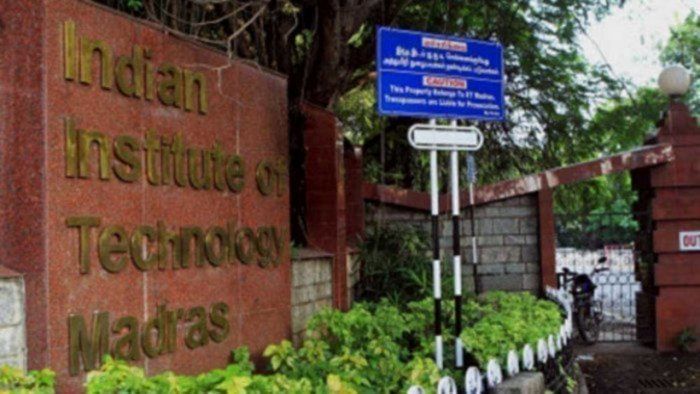
To tackle the ‘knowledge gap’ created by Covid-19 between students from urban and rural areas, IIT-Madras Pravartak Technologies has partnered with Vidya Shakti to take education to 100 villages in Varanasi through online classes and Virtual Reality (VR).
The Initiative has already been implemented in 100 villages of Varanasi district with the sessions being conducted in Hindi medium for students of classes 6th to 8th, focussing on the fundamentals of languages as well as on maths and science.
Student retention levels have increased by adopting various technologies. STEM teachers take VR Headsets to the classes to ‘act’ on the educational content and enable students to ‘feel’ the environment through the sensors, the IIT-M said, adding that short 3D videos are utilized for each concept in science and maths.
Also Read | Indian universities fail excellence test
“The rural interaction centres (RIC) established at Uttar Pradesh, under our Vidya Shakti project will work towards this important social goal. The RICs established in Tamil Nadu have resulted in commendable success during the academic year 2022-23, which has encouraged us to scale this concept to other states,” Prof V Kamakoti, IIT-M Director, said.
The project involves a STEM Tutor carrying three to four VR devices for each session, while the tutor will visit one school in the morning and one school in the afternoon. “The concept will be explained briefly after which the students, in small batches, will be asked to view the VR videos and ‘feel’ the subject. Students will be asked questions by the tutor, while the video is on. By ‘telling’ the experience, students rapidly develop more responsiveness, communication and participation,” the institute added.
The unique aspects of the Vidya Shakti initiative include live online classes in the mother tongue, a slow pace to teach and no rush, the use of simulation software to show experiments, and aptitude questions every day, to get students future-ready.